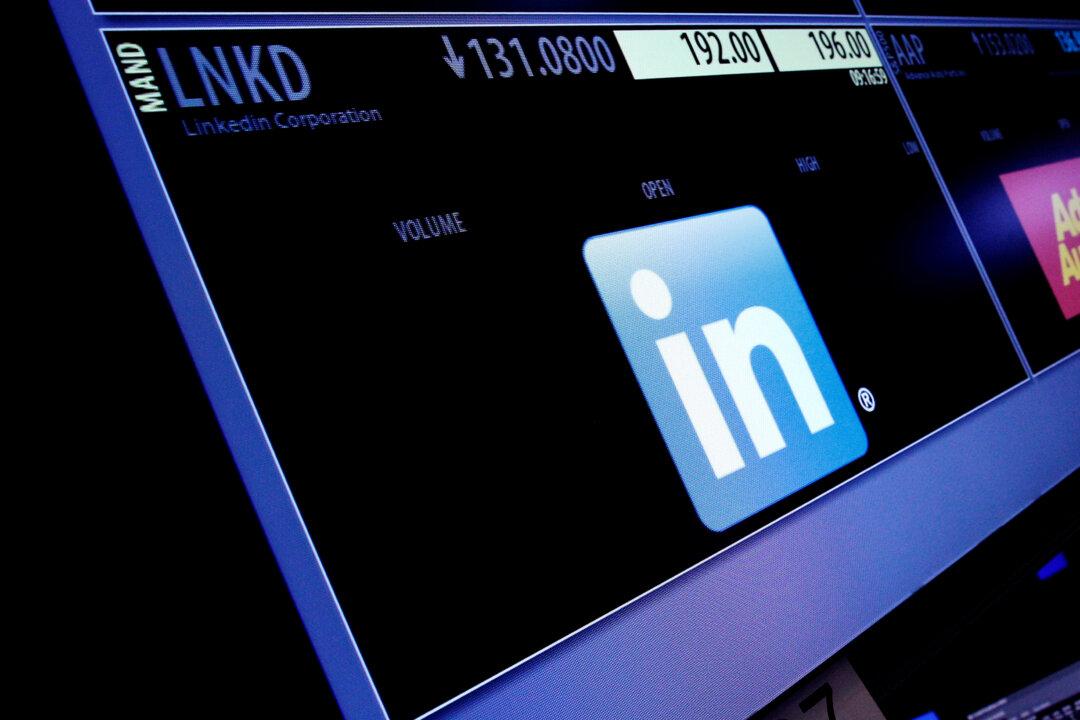Microsoft is abandoning its local version of LinkedIn in China, a move that would close off the last major U.S.-owned networking platform remaining in the country.
In 2014, LinkedIn entered mainland China, a country known for its highly restrictive censorship practices set by the Chinese Communist Party. The platform now boasts about 53 million local users, or roughly 7 percent of its global total.





